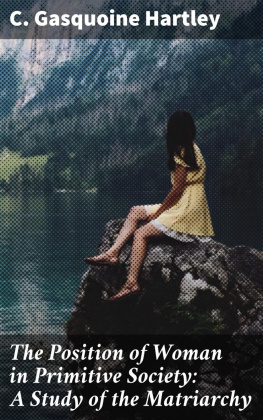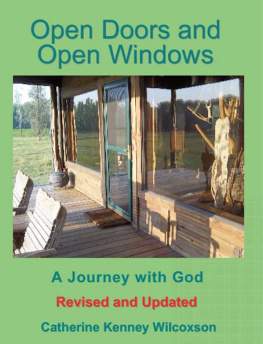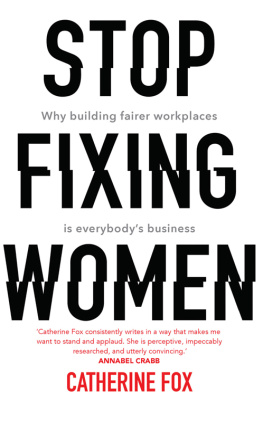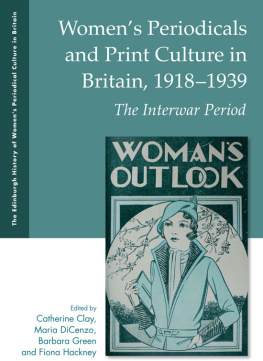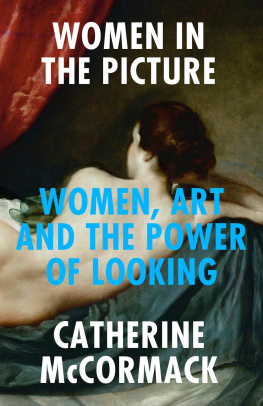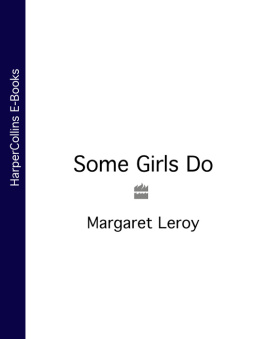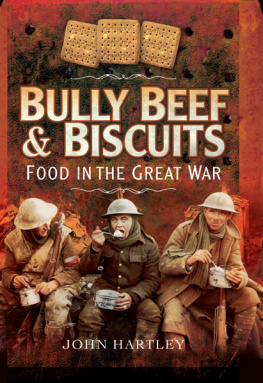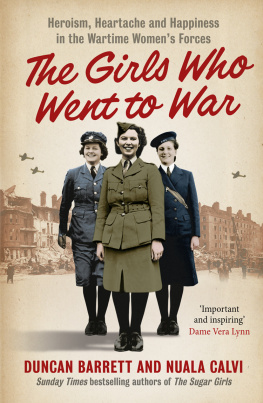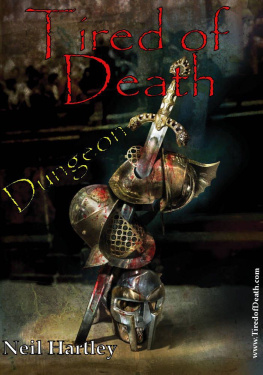INTRODUCTORY
WOMAN'S CARNIVAL
"To the hungry soul every bitter thing is sweet."Prov. xxvii. 7.
The sudden collapse of the war left us in a daze. After the years of inhuman strain it was hard to ease off tension to the almost forgotten conditions of peace. I recall that ever to be remembered day, November 11th, 1918Victory Day. In the early hours before noon I was in London, and my young son was with me. Everywhere was an atmosphere of anxiety, an unusual stillness. Men in little groups of two and three stood here and there, soldiers in larger numbers loitered or walked slowly along the pavements; girls and women waited at the doors of business houses and shops, where inside nobody seemed attending to the few customers. Everyone was waiting; there was an expectancy so great and so stirring that ordinary life had stopped. The last hour seemed endless in its slow passing. I do not remember ever to have experienced the same anxious tension, which was felt so strongly by us all that, in a way I cannot explain, we seemed to gain liberation from ourselves, and, losing individuality, were brought to share a universal impulse. The colossal importance of that hour made itself felt.
Then at last the peace guns sounded. We knew the armistice had been signed: Germany had accepted the terms offered by the Allies. The fear of utter misery was lifted: the war was over. The streets filled as if by magic, sellers of newspapers appeared, nobody knew from where, and were besieged. As the news spread, a delirium of enthusiasm caught the people. There never was such a day, and there never can be such a day again. From noon onwards in ever increasing numbers the streets were thronged with people. Strangers who had never set eyes on one another before rejoiced together as sisters and brothers. Heedless of rain, and mud, and slush, Londoners turned the city into a carnival of joy. Then as the hours advanced the fun grew wilder. People linked hands and danced, andmaddest of allindulged in wild "ring of roses" around lamp-posts and in the centers of the great thoroughfares. From the Strand and into the West End and beyond was one packed concourse of people, a never-ending stream spread from pavement to pavement across the way, in processions, in pairs, in groups, in taxi-cabs, on the top of taxi-cabs, in and on and all over motor-omnibuses, hanging to the backs of cabs, on great munition lorrieseverywhere clustering and hanging like swarming flies. There were soldiers, crowds of Dominion boys, young officers and privates, old men and young men from civil life, and thousands upon thousands of women and girls of every age and representative of every class.
It was the women that I noticed most: they were wilder than the men, making more noise, cheering, shouting and singing themselves hoarse, dancing and romping themselves tired. Quite undisguisedly the soldiers were led by them. It was Woman's Carnival as well as Victory Night.
It is very hard to find words to speak of what I felt. The universal gladness was intoxicating, and yet, none the less, as I watched and noted, the scene was a spectacle that for me at least, was shot strangely with apprehension, almost with pain, certainly with anger and regrets, with aspects unaccountably sad. I witnessed many incidents I am tempted to record, but events passed so quickly, and I do not wish to generalize rashly. One thing I noticed was the great number of women and girl smokers. The woman without a cigarette was almost the exception. There was no attempt at concealment. But what impressed me was the way of holding and smoking the cigarette with an awkwardness that proclaimed the novice. Quite plainly the majority of these girls were smoking not at all because they desired to smoke, but for a lark. A little thing, you will say, very harmless, and possibly you are right, and yet it is the straw which reveals the direction of the wind.
In all the riotous merriment there seemed to lurk the urgency of unsatisfied wants. These instabilities and shadows did not darken the whole prospect, it may be that they intensified the pageant; London was, indeed, very wonderful that evening. Yet all the foolish and ugly incidents, petty and grave alike, of which I could not fail to be aware, came to me with an effort of challenge as something not to be ignored, but steadily to be inquired into, as an imperative call for effort and courage, a spur once again to take up my pen and write to warn women.
My thoughts turned back over the last long four-and-a-half yearsyears of struggle, of violent disorders, anxiety and pain. That time was finished. Thanks to our dead! Honor to our great dead! The spectacle before me became wider and richer and deeper, more charged with hope and promise....
Bang! Laughter and harsh screaming as a rocket shot up starring the dark evening heavens with its clustering balls of colors. In many parts of the city, long obscured, lamps were lighted; row upon row of little electric globes of white and red and blue appeared, and the unaccustomed blaze infected the revelers. It gave a fresh impetus to shouting; it was like removing the curtain from some great, long-darkened mirror. The fun grew boisterous. At this corner there were cheers for the Prime Minister, at the next for Foch and Haig, and Beatty and the Grand Fleet, and for France and America. Numbers did not know what exactly they cheered; it did not matter, it gave an excuse for noise. Much noise was needed to keep up the revel and convince everyone that everybody was happy.
Unceasingly the violent merry-making went on. Hoot! and an immense motor-wagon, crowded with singing girls, blowing hooters, wildly waving flags, and followed by a trail of taxi-cabs like a gigantic wobbling tail, each one laden with ten, twenty, and even more soldiers, charged down a side street and urged its right of way brutally through the crowd.
It seemed to me that the whole spirit and quality of the reveling was summarized. A rabble of distractions sought to sway me hither and thither. Now, I watched a company of girls dancing with young officers to the accompaniment of a barrel organ, then a group singing, and another group playing some round game that I did not know; now it was some Tommies surrounded by a group of screaming girls. In one group a woman was carrying a baby, and a tiny child dragged at the hand of another girl, crying drearily, and no one noticed. Boys were kicking about boardings that had been torn from the statues in Trafalgar Square. The noise became more and more deafening.



